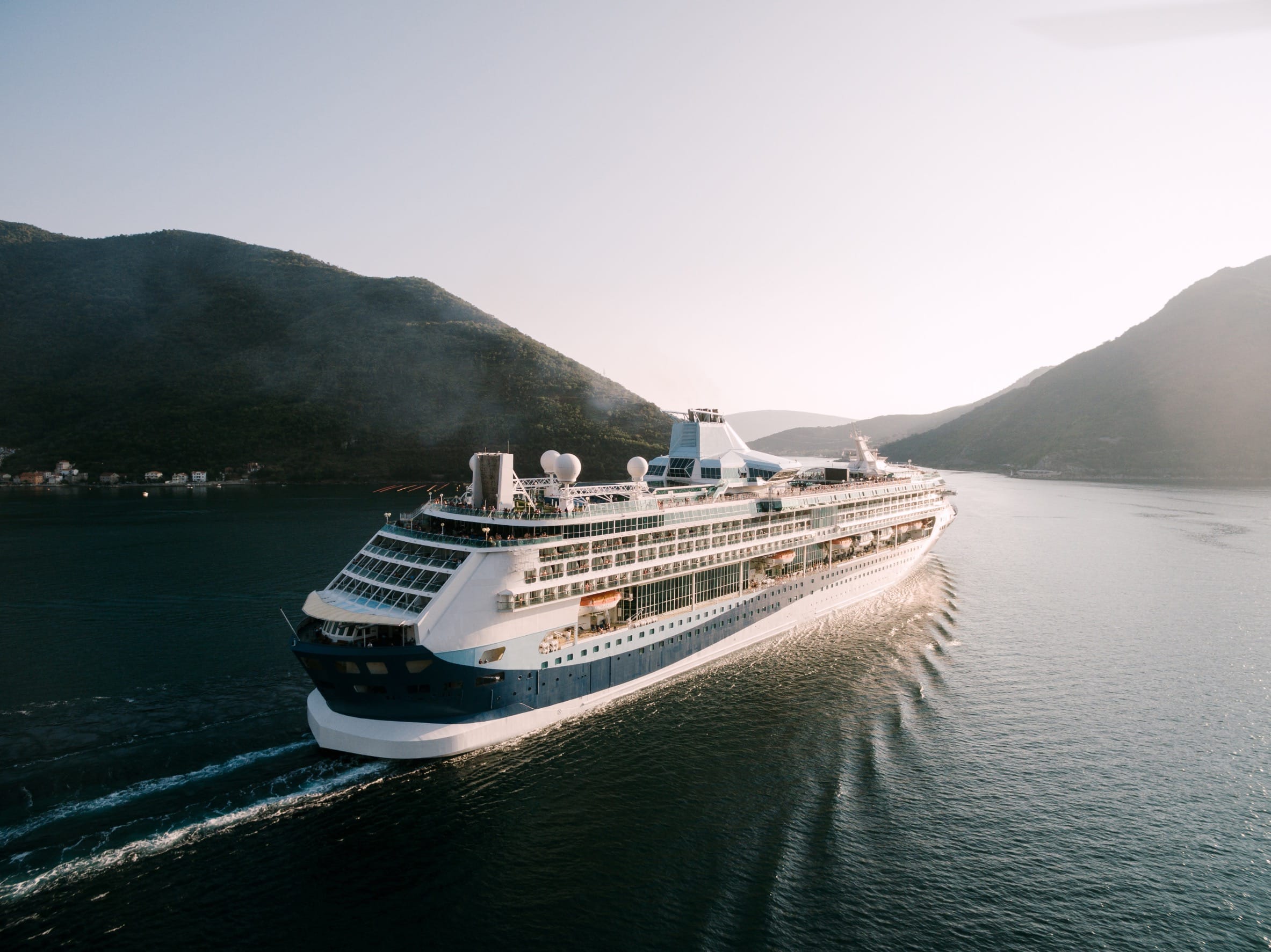Many employers have their employees sign a non-competition agreement (“non-compete”). These agreements protect employers from employees who want to form their own businesses after leaving their employer’s company, which frees employers from the worry of more competition in the marketplace.
What Is a Non-Competition Agreement?
A non-compete agreement is a contract where an employee agrees not to compete with an employer after the employment period is over. Non-compete agreements normally have two components: (1) a time limitation; and (2) a geographic limitation. Both of these limitations must be reasonable.
How Is an Employee Affected by a Non-Competition Agreement?
Typical non-compete periods are six months to one year, but they can last longer. However, it is difficult for businesses to enforce long-term non-compete agreements legally. Some states will not enforce these agreements, and a few do not recognize them as legal. For example, if Norwegian Cruise Line were to prevent its employees from competing with it for a period of six months after the termination of employment, this would likely serve as a reasonable non-compete period.
Geographical limitations must also be reasonable. For example, employee A could be prevented from competing against employer B in the City of Coral Gables or even Miami-Dade County, if these are areas in which employer B operates. However, an employer usually cannot say that you cannot compete in larger geographic areas such as the State of California or the United States as a whole.
Employees can also be limited by a non-compete in the scope of the industry. For example, if Preparer Services LLC performs services such as tax preparation and business set-ups, it could state that employee C cannot perform services such as tax preparation and business set-ups during the non-compete period.
How Do Non-Competition Agreements Affect the Cruise Industry?
Non-compete agreements affect all industries, including the cruise industry. The cruise industry focuses on entertainment and tourism services. These companies provide hotel-like services to its customers, alongside an array of activities.
The cruise line industry is also limited to being reasonable in its non-compete agreements, and these companies must abide by both federal and state law. For example, in Florida, “professional” employees such as physicians and lawyers are protected from non-compete agreements. However, this means that certain “non-professional” employees such as notaries, contractors, and electricians can be subjected to non-compete agreements.
To put it into perspective, a lawyer working for Carnival Cruise Line, a Florida corporation, cannot be subjected to a non-compete agreement by Carnival’s legal department because lawyers are protected by Florida law against non-compete agreements. Nevertheless, an electrician or janitor hired by Carnival could be subjected to a non-compete agreement, if the scope, period, and geographical limitations are reasonable.



